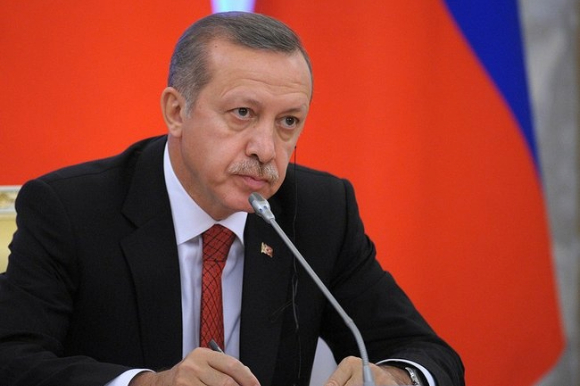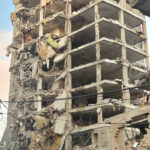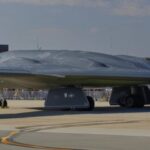Turkish President Recep Tayyip Erdoğan has strongly criticized Israeli Prime Minister Benjamin Netanyahu, labeling him the “greatest impediment to regional peace,” and accused Israel of deliberately undermining diplomatic efforts through its recent strikes on Iran.
Speaking at a summit of Arab League diplomats during the Organisation of Islamic Cooperation (OIC) meeting in Istanbul on Saturday, Erdoğan argued that the timing of Israel’s attacks—just ahead of a fresh round of nuclear talks between Iran and the United States—was intended to derail those negotiations.
Erdoğan appealed to nations with sway over Israel to reject what he described as its “poison” and instead push for a peaceful resolution through dialogue, cautioning against the risk of a broader war. He accused Netanyahu and his government of deliberately thwarting diplomatic solutions. “These attacks clearly show that Netanyahu’s administration has no interest in resolving matters diplomatically,” Erdoğan asserted.
He went further, warning that Netanyahu’s Zionist aspirations aim to plunge not only the Middle East but also the world into chaos. “Netanyahu’s Zionist ambitions are not about peace—they are about dragging our entire region and the world into a major catastrophe,” Erdoğan said.
The Turkish leader also denounced Western powers for giving Israel what he described as “unconditional support,” and insisted that Turkiye would oppose any attempts to redraw the map of the Middle East through violence. “We will not allow the redrawing of our region’s borders in blood,” he declared.
“It is crucial that we increase our solidarity to end Israel’s lawlessness—not only in Palestine but also in Syria, Lebanon, and Iran,” he told the OIC, which consists of 57 member states and was established in 1969 to defend the interests of the Muslim world and promote international peace.
Earlier at the summit, Turkish Foreign Minister Hakan Fidan echoed Erdoğan’s concerns, warning that Israel’s attacks on Iran are steering the region toward a severe crisis. “Israel’s aggression is dragging the region toward an all-out catastrophe,” Fidan said. “There isn’t a separate Palestinian, Lebanese, Syrian, Yemeni, or Iranian issue—what we are facing is the Israeli issue.”
Reporting from Istanbul, Al Jazeera’s Sinem Koseoglu noted that Turkiye, currently chairing the OIC, believes it is uniquely positioned to play a mediating role in the Israel-Iran conflict. “As a NATO member bridging Western and Muslim worlds, with solid relations with both Iran and the West—and historically with Israel as well—Ankara sees itself as a key player in resolving the current crisis,” she reported.
Meanwhile, Iranian Foreign Minister Abbas Araghchi said on Friday that Tehran is open to diplomacy, but only if Israeli attacks cease. “Iran is willing to return to talks, but only after the aggression ends and the aggressor is held accountable,” Araghchi said.
He expressed Iran’s readiness to resume discussions with Britain, France, Germany, and the European Union, indicating Tehran’s openness to a renewed round of talks “in the near future.”






